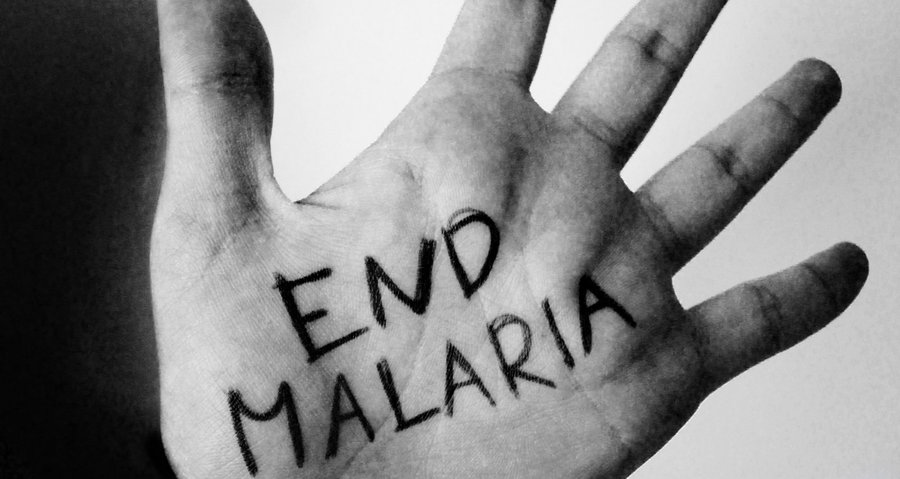In 2007, the Organization of Islamic Cooperation (OIC) hosted its first conference of health ministers in Malaysia where they discussed the prospect of eliminating malaria. In addition the OIC confirmed it’s commitment to work towards a malaria free world at a recent meeting in Jakarta where member states were urged to unite in order to eventually eradicate malaria worldwide. With the continued commitment by the OIC and member states, about 7 OIC countries have successfully terminated malaria. Moving forward, the OIC wants to continue this progress to other countries. However, even though there has been great gains in fighting this disease worldwide, there is still a significant number of communities in Muslim countries that are continuing to be infected by malaria according to the Roll Back Malaria Partnership (RBM). Despite the progress, there are about 207 million infections around the world each year and OIC countries account for about half of these infections each year. Malaria, alone kills almost 630,000 people each year. However, it is in Africa where 80% of global malaria cases occur.

On the other hand, increased financing has helped decrease malaria infections by 42% globally and nearly 50% in Africa as of 2000.
The policies are working, but if the policies are continually invested in then, the partnership and OIC will lose the advances they have made to fight this infection. The two organizations must find creative ways to work together in order to maximize the effectiveness of their efforts in order to sustain the progress they have already made and continuing saving people’s lives. Fighting malaria is a major economic effort and both parties show tremendous commitment to fighting malaria. The path that everyone is on won’t be easy but continuing to make smart investments and working together will make a major impact for future generations. They can’t afford not to eliminate this disease.